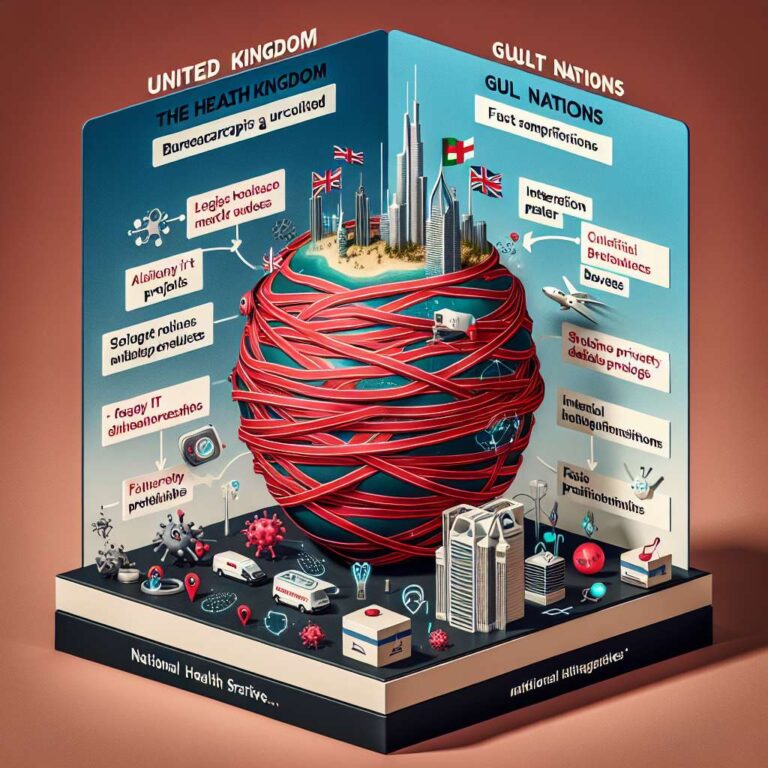Artificial intelligence is poised to transform healthcare, yet the author argues the UK is squandering its edge. Despite world class research institutions and hospitals, slow moving bureaucracy and fragmented rules are steering healthtech startups away from building at home. Rather than wrestle with red tape, many founders are turning to Gulf markets that actively court artificial intelligence deployments.
Within the UK, the National Health Service is described as both the largest healthcare provider and the biggest obstacle to artificial intelligence adoption. Outdated infrastructure, complex data privacy requirements, and inconsistent governance make it difficult to deploy even compliant tools. The article cites the collapse of the state backed Foresight Project, an initiative to predict future conditions such as Parkinson’s disease using historical health data, after medical bodies blocked its progress. If a government sponsored program could not proceed, the author asks, what chance does a startup have.
The piece contrasts necessary regulation with counterproductive red tape. The author recounts firsthand how a compliant ambient voice product still incurred miles of process and significant consultancy costs, while some GPs resorted to unapproved software. The government’s approach, the article contends, has unintentionally stifled well intentioned, compliant startups and fostered the spread of unregulated tools. Nearly half of NHS services are said to rely on paper based processes to track patients, a gap that artificial intelligence could help close, but only if infrastructure and governance can integrate new technology. A cultural shift that prioritizes efficiency and removes barriers is deemed essential.
Gulf nations are presented as a counterexample. The UAE is investing aggressively in artificial intelligence, blockchain, and Web3 to modernize healthcare. Qatar is aligning with European Union and United States data standards while creating fast lanes for impactful projects, building data centers, and pursuing semiconductor partnerships to power growth. In Doha, the author says, deployment is faster, funding easier, and public institutions more open to innovation, from smart clinics to artificial intelligence powered appointment scheduling.
The article concludes that the UK still has significant potential but risks becoming an exporter of talent and innovation without urgent reform. It calls for clear action to modernize NHS infrastructure, streamline rules, and make artificial intelligence a public health priority. Chancellor Rachel Reeves has pledged an additional £29 billion per year for the NHS, with up to £10 billion earmarked for technology and digital transformation, but the author notes it is unclear how artificial intelligence will factor into that plan. The window to lead, the piece warns, is closing.

